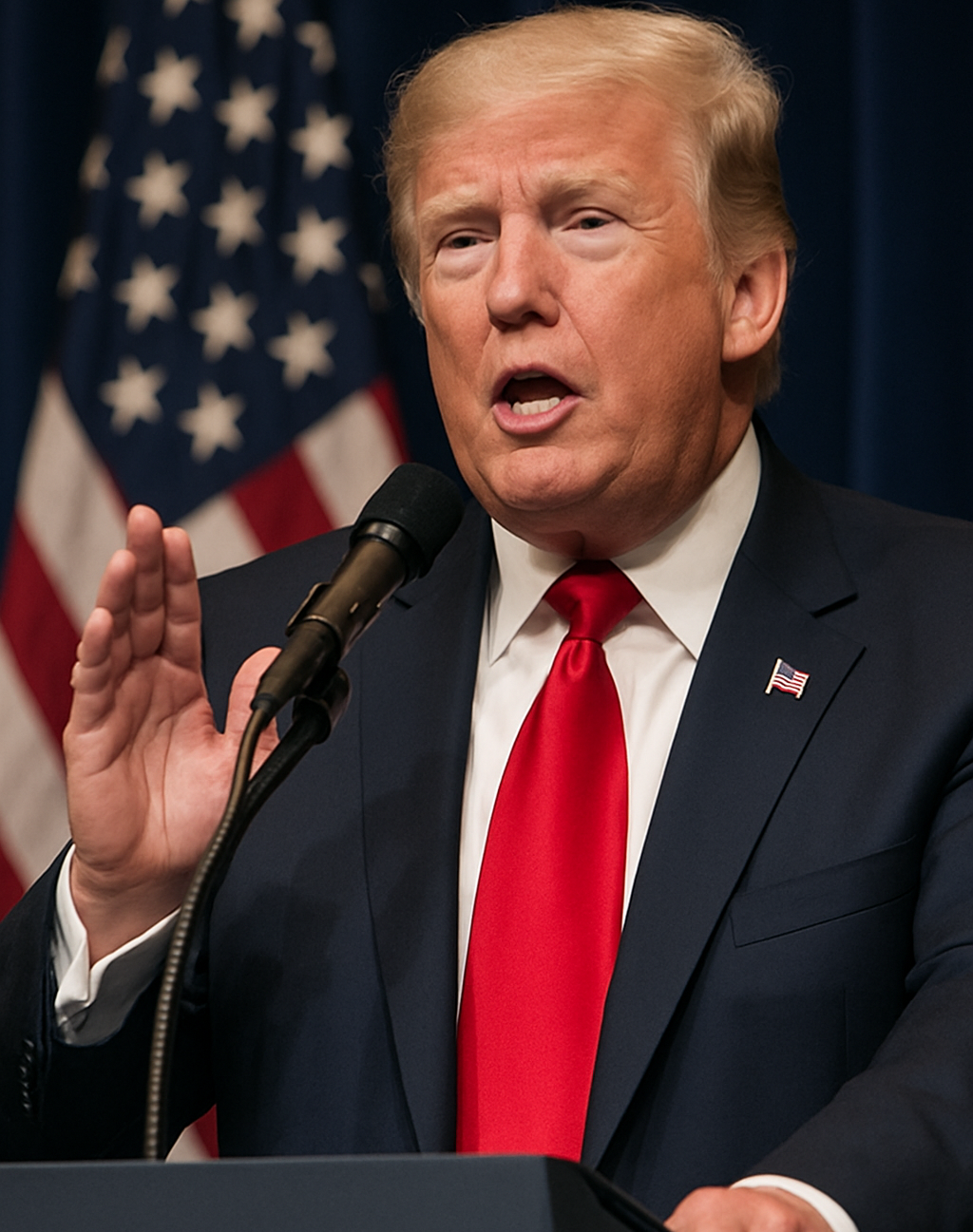July 15 — President Donald Trump has once again claimed that his administration played a decisive role in defusing a potentially catastrophic nuclear conflict between India and Pakistan by using trade as leverage. Speaking from the Oval Office during a meeting with NATO Secretary General Mark Rutte, Trump emphasized how the United States helped ease tensions through strategic economic pressure.
“We’ve managed to resolve multiple global conflicts. One of the most dangerous situations was between India and Pakistan,” Trump said. “They were heading toward a possible nuclear war, potentially within a week. But we calmed it down—through trade pressure, not weapons.”
Trump elaborated that his administration made it clear to both New Delhi and Islamabad that the United States would not engage in trade talks unless both countries took steps toward peaceful resolution. “I told them, until you solve your disputes, the U.S. won’t move forward on trade. That got their attention—and it worked,” Trump added.
This isn’t the first time Trump has claimed credit for easing tensions between the two South Asian neighbors. On May 10, he posted on his social media platform that India and Pakistan had agreed to a “full and immediate ceasefire” following U.S. mediation. Since then, he has repeatedly mentioned the incident as an example of American diplomatic strength under his leadership.
However, the Indian government has consistently rejected this narrative. According to New Delhi, the ceasefire agreement between the two nations was the result of direct communication between their military leadership—not due to any intervention by a third party, including the United States.
India’s Ministry of External Affairs has previously issued statements clarifying that the decision for a ceasefire was reached through discussions between the Director Generals of Military Operations (DGMOs) of both countries. “India does not accept any external involvement in its bilateral matters, particularly those concerning national security and territorial integrity,” the ministry had stated.
Indian officials reiterated that communication with Pakistan over border issues has always been maintained through established military and diplomatic channels. “There was no mediation, no involvement of the U.S. or any other nation,” a senior Indian diplomat said.
Despite India’s clear denial, Trump has continued to repeat his claim, portraying it as one of the key diplomatic victories of his presidency. Political analysts suggest that Trump’s statements are part of a broader narrative aimed at highlighting his leadership on the world stage ahead of the upcoming elections.
In Pakistan, reactions to Trump’s repeated claims have been more muted. While the Pakistani leadership has welcomed international support in the past, it has not officially confirmed Trump’s version of events. Some analysts believe Islamabad may have seen the benefit in allowing the perception of U.S. involvement to continue, especially as it seeks stronger trade and military ties with Washington.
This latest statement from Trump comes amid broader discussions about global security and U.S. influence in resolving conflicts. During his meeting with NATO Secretary General Mark Rutte, Trump also referenced ongoing tensions in Eastern Europe and the Middle East, asserting that the U.S. under his leadership has become more assertive in international diplomacy.
As Trump continues to cite the India-Pakistan situation as an example of his foreign policy success, the contrast between his narrative and India’s official stance highlights the delicate nature of international diplomacy—where perception often competes with fact.
For now, while Trump may see the situation as a diplomatic victory, India remains firm that any peace with Pakistan is handled internally, without the need—or desire—for external mediation.








